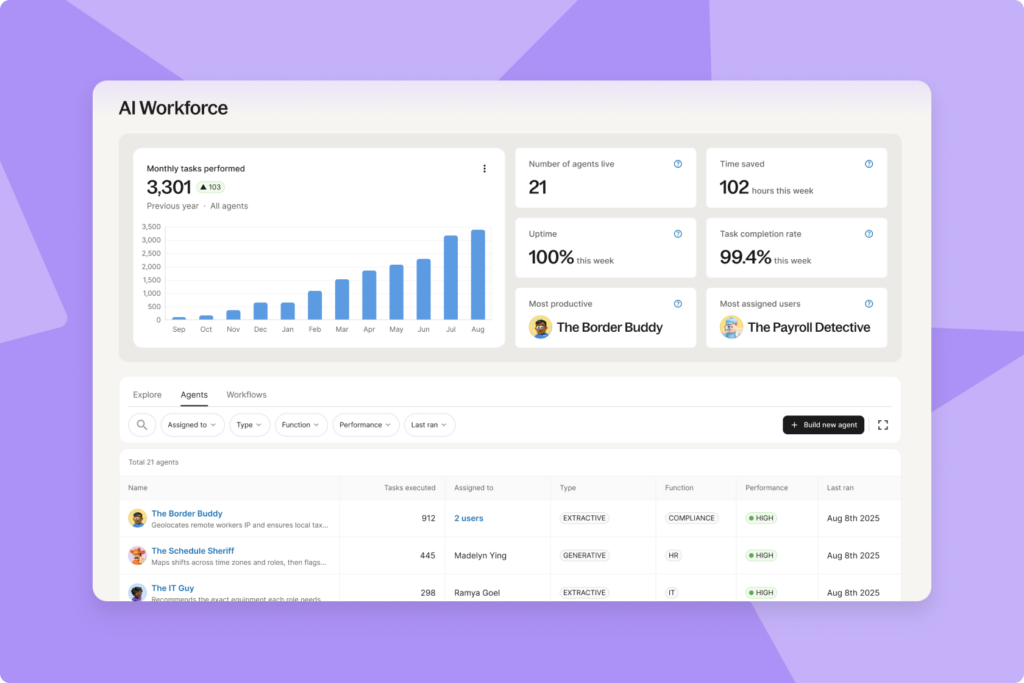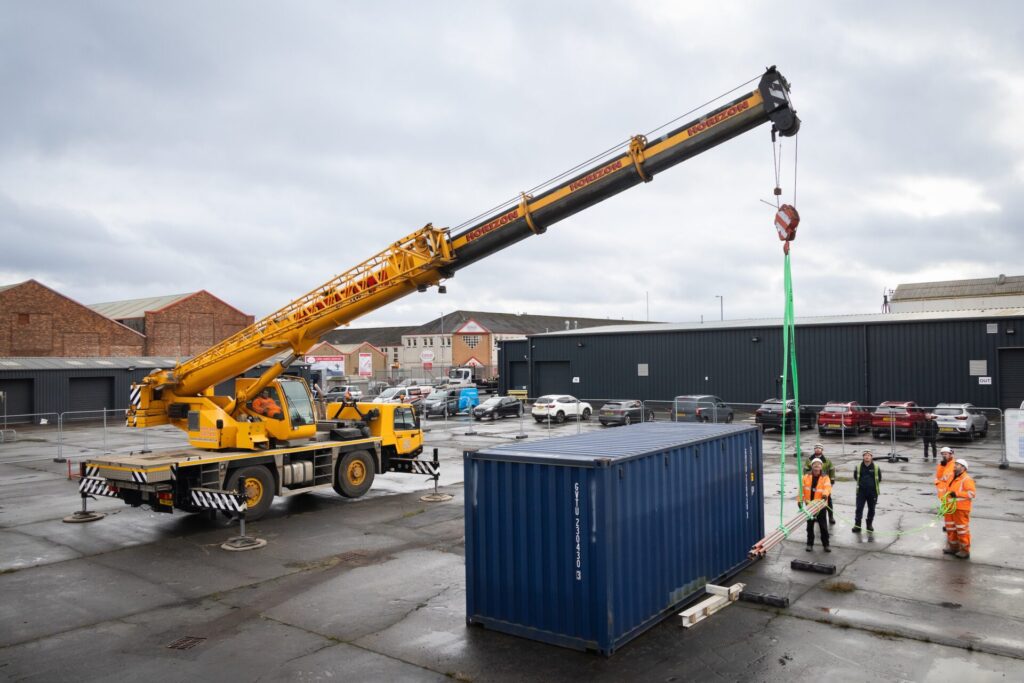Work-related burnout has reached what researchers describe as “crisis point,” with three quarters of UK employees reporting they have experienced it in the past 12 months.
The findings come from a survey of 2,000 working adults conducted by music licensing company PPL PRS.
According to the survey, almost a third of respondents said they had experienced burnout in the past month alone, while a further 27% said they had faced it within the past six months.
The main drivers cited were heavy workloads (53%), long working hours (46%), unrealistic expectations (34%), lack of recognition (30%) and pressure from leadership (29%).
The survey also highlighted the professional and personal impacts of burnout.
At work, respondents reported frustration (45%), lack of motivation (42%) and feeling undervalued (37%).
Beyond the workplace, 45% said it left them anxious, 45% unable to relax, and more than a third (36%) suffering from headaches.
One in five said it affected their appetite, and almost a quarter admitted work stress spilled over into their personal lives, leading them to take frustrations out on family or friends.
Employees reported a range of coping mechanisms.
Music was the most common, with 37% saying it helped them manage stress.
Others relied on spending time with family and friends (27%), prioritising rest (25%), or setting boundaries (16%).
Worryingly, one in six respondents said they had no coping strategies at all.
Marianne Rizkallah, music therapist for PPL PRS, said: “It’s no secret that music is the key to helping many of us unlock our productivity and feel more focused. It can also help us when we’re feeling unmotivated, stuck, or stressed.”
She added that workplaces should consider the effect of background sound: “A silent office can seem intimidating, making it harder for people to speak up or to ask for help. Yet equally working with a booming soundtrack can be distracting and hard for concentration, so it’s important to find a happy medium.”
Leadership coach Debbie Green stressed the role of management in tackling the issue.
She said: “Staff that are burnt out, stressed out or anxious at work aren’t going to be producing their best, and this can have a huge impact on a business as well as the rest of the staff.
“As an employer it’s important to lead by example and to set boundaries for your staff with a clear work/life balance. It’s also important to consider how important praise can be and ensure that good work is seen to be rewarded.”
















